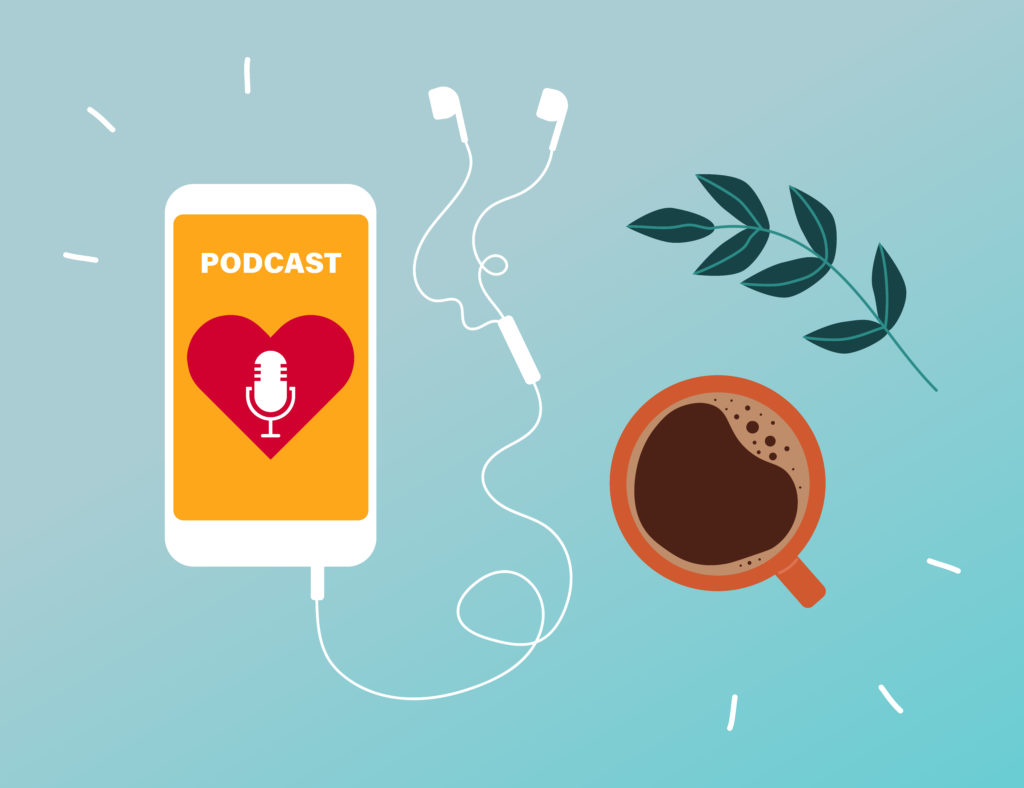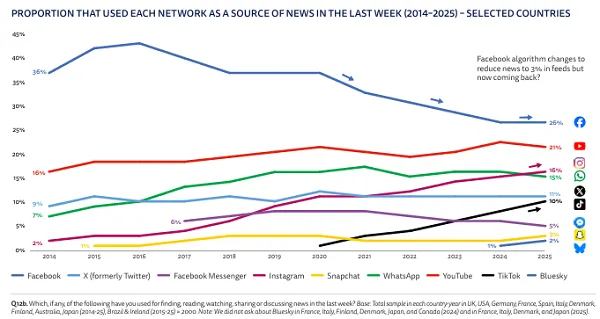How You Can Help Your Liver Detox Naturally, According To RDs
And none of them involve a juice cleanse.


Registered Dietitian Nutritionist
Registered Dietitian Nutritionist
Molly Knudsen, M.S., RDN is a Registered Dietician Nutritionist with a bachelor’s degree in nutrition from Texas Christian University and a master’s in nutrition interventions, communication, and behavior change from Tufts University. She lives in Newport Beach, California, and enjoys connecting people to the food they eat and how it influences health and wellbeing.
Image by Ani Dimi / Stocksy August 15, 2023 Our editors have independently chosen the products listed on this page. If you purchase something mentioned in this article, we may The liver is the main site of detoxification processes in the body and has hundreds of critical jobs. Our environment and lifestyle choices greatly affect how well and efficiently the liver carries out its work. Adopting a healthy lifestyle is one of the biggest drivers to preventing liver disease down the line (and it’s also currently the first line of treatment for many liver diseases). Let’s dive into the simple, safe, and effective daily habits that improve liver function, and enhance overall health. 
Advertisement
This ad is displayed using third party content and we do not control its accessibility features.
What is the liver’s role in health?
Advertisement
This ad is displayed using third party content and we do not control its accessibility features.
In a healthy body, these processes run relatively smoothly. But over time, putting too much strain on your liver can have detrimental and whole-body implications.
While there are genetic ( hemochromatosis), autoimmune, and viral (hepatitis A, B, and C) liver conditions, behavioral factors like a poor diet, smoking, lack of physical activity, and heavy alcohol use can all lead up to fat buildup in the liver (steatosis).
But fatty liver is preventable.
Advertisement
This ad is displayed using third party content and we do not control its accessibility features.
10 ways to improve liver function
Improving liver health means making choices that lower the likelihood of fatty liver (aka making metabolically healthy choices), limiting your exposure to toxins, and supporting the liver’s natural detoxification pathways.
And there are so many great ways to support your liver that can easily be incorporated into your daily routine.
Research shows that eating a diet rich in fiber is linked to a lower risk of developing (non-alcoholic) fatty liver3. Fiber promotes a healthy weight and balanced energy levels, whereas excess energy (or calories) is the main driver of fat buildup in liver cells.
Registered dietitian Rachel Muzzy, M.S., R.D., also encourages her clients to incorporate more fiber into their diet to support the liver as, “fiber can help bind and carry out waste and toxins.”
High-fiber foods she recommends people add to their daily diet include beans, potatoes, avocados, berries, apples, bananas, oats, whole grains, nuts, and seeds.
Advertisement
This ad is displayed using third party content and we do not control its accessibility features.
The body treats alcohol as a toxin, and it’s the liver’s job to neutralize the threat. And while it can do that, prolonged, excessive alcohol intake wears the liver down and is the cause of alcoholic fatty liver disease.
Guidelines around drinking4 in the United States encourage people to not exceed moderate alcohol consumption, defined as two drinks a day or less for men and one drink a day or less for women. But less is considered better—especially for liver health.
And women may be more sensitive. A 2020 study published in the American Journal of Gastroenterology found that consumption of even one drink a day for women increased the risk of cirrhosis 5(chronic liver damage) compared to long-term alcohol abstainers. And this relationship was not noted among men.
So if you’ve been sober-curious, now may be a good time to start for the sake of your liver (and there are so many tasty nonalcoholic beverages to choose from!).
“Chronic stress negatively impacts liver function,” says Muzzy. Under stressful conditions6—whether that’s physical or emotional—immune function is interrupted and can lead to inflammation of the liver. In addition, hormone shifts interfere with blood flow to the liver, damaging cells.
“Practicing deep breathing, mindfulness, meditation, as well as exercising regularly can help” notes Muzzy. "But also reducing sources of stress where possible and scheduling downtime and rest are beneficial.”
Advertisement
This ad is displayed using third party content and we do not control its accessibility features.
Yes, sleep and your liver are actually connected. A 2021 study of young Korean adults found that not sleeping enough is a risk factor7 for fatty liver.
“Your liver does a lot of work while you sleep, so improving sleep and sleep quality is a great way to support your liver,” emphasizes Muzzy. “Some ways to get better sleep include developing a calming bedtime routine, going to bed and waking up at roughly the same time daily, and minimizing screens at least an hour before bed.”
Eating fat does not automatically translate to storing fat in the liver. The type of fat (as well as overall calorie intake) is what matters.
Registered dietitian and health coach Jessica Cording, M.S, R.D., CDN, INHC says, “ I’m always steering patients and clients to extra virgin olive oil and avocado oil in their everyday cooking.”
Olive oil is known for its ability to raise levels of HDL cholesterol8—aka the good cholesterol that promotes the removal of bad cholesterol from the bloodstream—and lower levels of triglycerides.
For people that do have non-alcoholic fatty liver disease, eating more olive oil lowers triglyceride levels9 in the liver—improving the overall state of the condition. Here are a few of the best healthy olive oils to choose from.
6.
Minimize the use of plastics
Another way to support the liver is by minimizing the use of plastics whenever possible.
“Plastics are a source of chemicals that the body has a hard time removing,” says Muzzy. “Microplastics can enter the body and accumulate in the liver—amongst other organs—and cause damage and increase inflammation.”
So how can you do this in a world filled with plastic? Muzzy recommends, “Swapping plastic containers for glass and avoiding heating in plastic containers as it allows more microplastics to leech into your food or beverage (such as microwaved food or plastic coffee lids).”
This one is probably not a shocker, but it’s still worth reiterating. Cigarettes are, ”a major source of toxins and chemicals that your liver has to process,” says Muzzy. Smoking cigarettes 10have been linked to non-alcoholic fatty liver disease
The ingestion of nicotine may be a contributing factor, and research is showing that vaping and e-cigarette use (products that also contain nicotine) likely also have harmful effects on the liver.
8.
Understand that some medications & supplements impact liver health
The liver processes all medications that you take. Your healthcare provider can answer specific questions and review the risk/benefit of a medication before you start taking it.
Some common medications linked to liver injury or complications include long-term use of nonsteroidal anti-inflammatory drugs11 (NSAIDs), antibiotics, and birth control pills12.
“Overdoing certain supplements can also harm the liver,” warns Cording. Just because supplement ingredients are seen as natural in comparison to medications, they still have strong physiological effects in the body.
Whereas some supplements (especially in high doses for extended periods) can put strain on the liver13, some supplements—like milk thistle, glutathione, vitamin C, and selenium (here are our favorites)—support liver health and natural detoxification processes.
Simply drinking enough water can help the liver out. “Dehydration makes it harder for all organs to function, including the liver,” says Cording.
Most people should aim to drink about half of their body weight (in pounds) in ounces of water a day. So someone who is 150 pounds, should try to drink about 75 ounces or nine cups of water daily.
10.
Prioritize physical activity
FAQs
What are signs I need to improve my liver health?
Sings that you may need to pay a little extra attention to your liver include, craving sugar often, feeling sluggish, having irritated skin, being sensitive to chemicals, and dealing with gas and bloating. However, there are often no signs or symptoms linked to fatty liver.
What foods are good for liver repair?
Foods that are high in health fats, fiber, and antioxidants all support the liver and detoxification processes. These include olive oil, oatmeal, legumes, nuts, seeds, avocados, blueberries, green tea, and salmon.
How do you fix poor liver function?
Implementing healthy lifestyle changes by following a healthy diet, exercise regularly, limit alcohol consumption, and managing stress can improve poor liver function.
The takeaway
Supporting liver function requires a holistic approach. There’s no cleanse that’s magically going to detox your liver, but there are research-backed steps you can take to offset some of the organ’s hefty workload like eating fiber, managing stress, avoiding plastics, and taking a liver support supplement.

 Konoly
Konoly 































